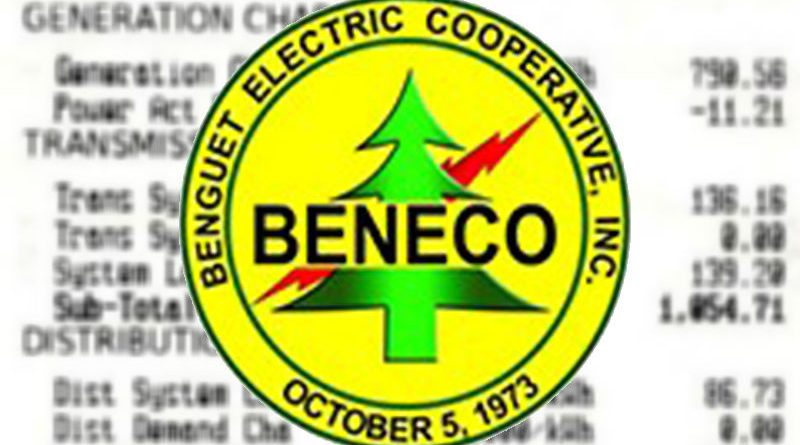BAGUIO CITY – The City Council approved on first reading a proposed ordinance adopting the Bigay Dangal sa Kabuhayan (BIDAKA) program as a means of livelihood for residents and as one of the alternative and feasible solutions to the solid waste management problems of the city.
The ordinance authored by Councilor Lilia A. Fariñas stated non-government organizations interested to take part in the program should be accredited by the local government and to submit their intention to the City Mayor’s Office.
The BIDAKA program will highlight the recycling of used tarpaulins and other indigenous raw and reusable garbage materials like plastics or bags to quality and useful products like schoolbags, money bags, seminar or conference bags, and the like.
The strict implementation of the proposed local legislative measure will surely result to the significantly reduce the volume of generated waste and contribute to the efforts of the local government to address its solid waste management problems.
Further, the program will also encourage out-of-school youth (OSY), as well as the barangays, to take part in the implementation of environment-friendly and entrepreneurship endeavors.
The ordinance added, to effectively and efficiently address the present environmental agenda of the local government, many legislative measures have already been passed utilizing the city’s available financial and natural resources for productive purposes and solid waste management has been among the major concerns of the city significantly affecting the city’s tourism and business industries, and most especially the health and living condition of the residents.
While the government searches for feasible and advanced technological solutions to the pressing problem of garbage, the ordinance stipulated the same could be also addressed by the most primitive but also the most effective way of reducing garbage, and such has even been embraced by businesses and corporations who have financially capitalized on the commerce of recycling.
Combining the resources of the local government with the established knowledge on recycling, the ordinance claimed the local government can offer residents additional sources of revenue while significantly reducing the garbage generated by the populace.
Currently, the local government has developed a portion of the Baguio Dairy Farm as a temporary staging area before the hauler brings the garbage to the sanitary landfill in the lowlands.
The hauling of the city’s generated residual waste outside the city is costing over a billion pesos for hauling costs and the tipping fee at the sanitary landfill.
Dexter A. See












